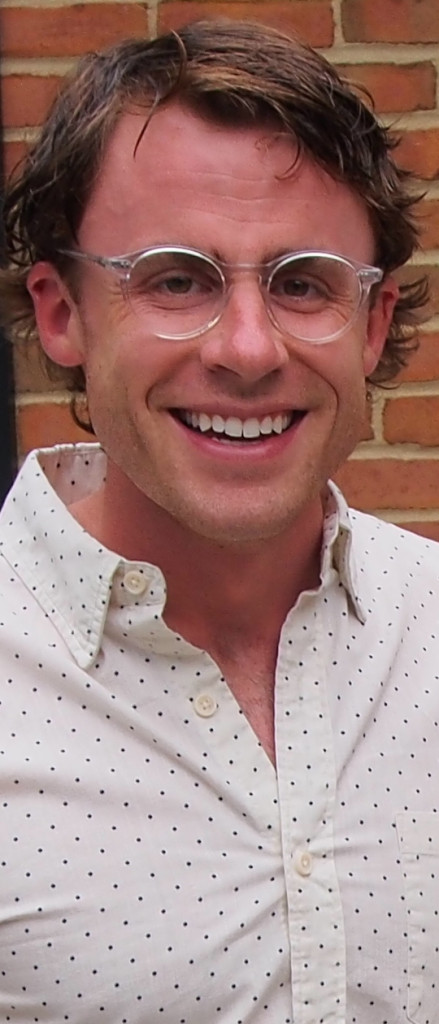
Bio: Jack Britton, LPC, LCDC (both in the state of Texas) at Ranch at Dove Tree
Education: Master of Arts in Addiction Counseling, Hazelden Graduate School of Addiction Studies, 2011; Master of Science in Accounting, Southern Methodist University, 2008.

-
What drew you to the field of addiction treatment? Why?
I worked as an auditor for two accounting firms and quickly realized how boring that type of work is. I started researching fields where I could put my heart into my work.
I knew I liked seeing a counselor, and I believed I could cultivate a style of counseling that might assist young people. Within months of finding Hazelden’s program, I moved to a chicken farm in a town of 500. I haven’t looked back.
-
What keeps you in this work, day after day?
This work is always interesting. I am bound to it by enjoyment and by the opportunities I have to educate others.
An example: I attend a lot of friends’ weddings. Sometimes I am tempted to tell strangers that I am a cotton farmer in West Texas, since such a response might not solicit the questions that “addiction counselor” does.
Most of the time, however, I talk about my work because I want people to know more. I want them to know, for instance, that every time I get up at 6 am and putt on my motorcycle toward the Ranch at Dove Tree, I start imagining the day ahead, knowing full well that a fair mix of hope, surprise, and difficulty are all around the bend.
-
What is your philosophy on addiction treatment?
Addiction treatment is an incredible process. People start off not knowing what they don’t know – with time, more is revealed. Our work is about mapping a series of objectives, acknowledging that 30 or 60 days is the beginning of the work that a client will do.
With that said, people change when they sense they’re being treated with honesty, care, directness, and positivity. I am very convinced that much of addiction treatment’s job is to promote improvements in quality of life and to provide some tools for fostering such improvements.
-
What tools would you like your participants to gain while working with you?
My top three are:
- the ability to identify and dispute irrational thoughts;
- interest in others’ perspectives; and
- assertiveness skills.
-
What do you envision the future of addiction treatment to be like?
Addiction treatment is needed in many places where it is not currently available. Have you researched a good treatment center in Argentina? Switzerland?
Shame exists in very hearty doses globally. The future is about collaboration with our neighbors to help people in a culture-embraced manner.

Well said, Jack!